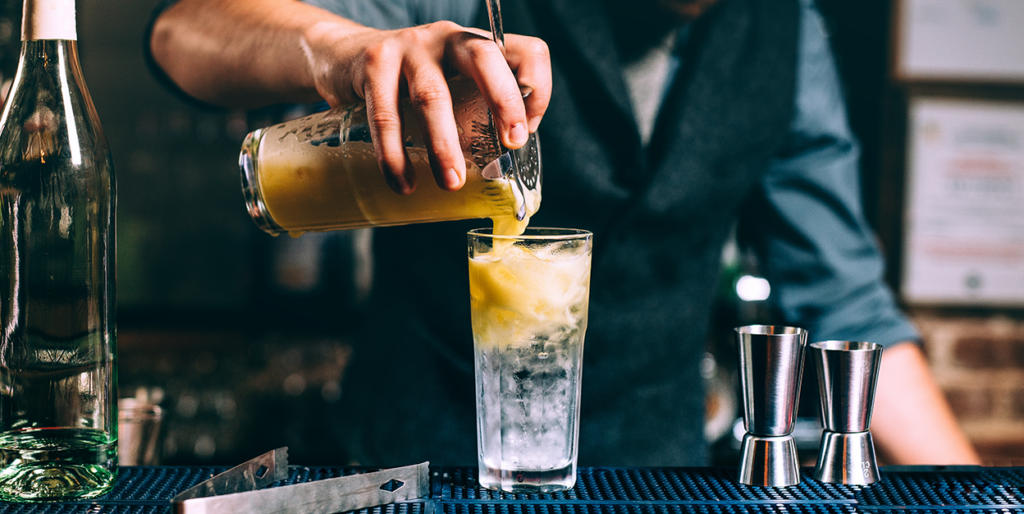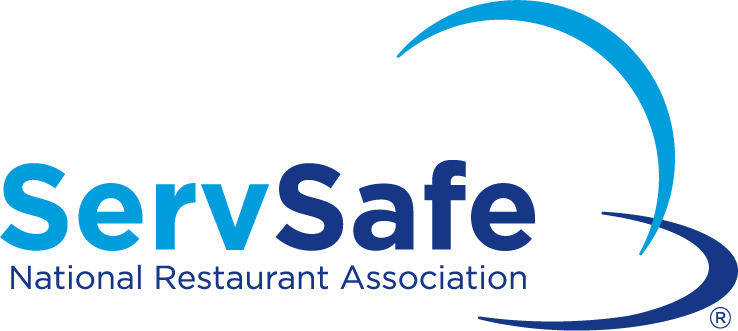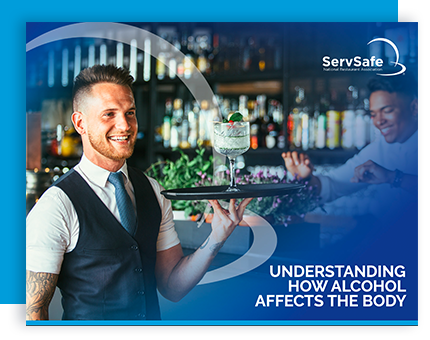BLOG
Working Together to Prevent the Misuse of Alcohol in Communities

Society, in general, seems to be shifting its problem-solving approach to one of collaboration, and preventing the misuse of alcohol in communities is no exception.
Whether you are a restaurant, bar, hotel, stadium, casino, convenience store, police officer, regulator, lawyer, liability insurance agent, or just a consumer, you can affect the level of change we all want for our communities. All it takes is the commitment to sharing ideas and experiences with others we don’t normally interact with to make lasting, widespread change by creating responsible communities nationwide.
One way to enact change is through training and education. More and more, communities are realizing the value of responsible alcohol server training to achieve their goal of working together. Programs such as ServSafe Alcohol offer a variety of training tools to reach a wide range of people. They can align a community around one consistent message, ensuring all the stakeholders are “speaking the same language” when preventing underage sales and consumption, drunk driving, and intoxication.
Another key ingredient to creating responsible communities is communication. A dynamic training and education program can also bring together people who may not have the opportunity to work together otherwise. It also allows people who may not see eye-to-eye on an issue to get together in an informal and impartial setting.
Free Download
Drinking frequency has increased overall in the U.S. While this means you might have more patrons drinking at your establishment, remember to keep an eye out for signs of a higher blood alcohol content (BAC) among guests.
Once you have identified the key stakeholders, it is time to assemble a community action plan. A good action plan will:

Identify Goals

Identify a point person/committee/task force

Engage with potential partners

Identify programs to be trained

Identify who needs to be trained

Identify instructors

Certify instructors

Set up training classes

Notify the media
Community stakeholders can enhance their community image by being part of the solution. For example, a restaurant with a ServSafe Alcohol instructor on staff cannot only provide alcohol server training to its employees but also offer its training services to the local university, other establishments, and consumers. The same example can be used with law enforcement, community coalitions, and other commercial establishments that serve or sell alcohol.
Successful communities have already identified the need to include different groups in their efforts and have realized that coalition (or community) building is an effective strategy. Working together, they can identify the problems associated with alcohol misuse in their communities from several angles and build effective solutions–increasing the success of their efforts.
For more information and resources about responsible alcohol serving practices, sign up for our ServSafe Alcohol training program or connect with our team.

